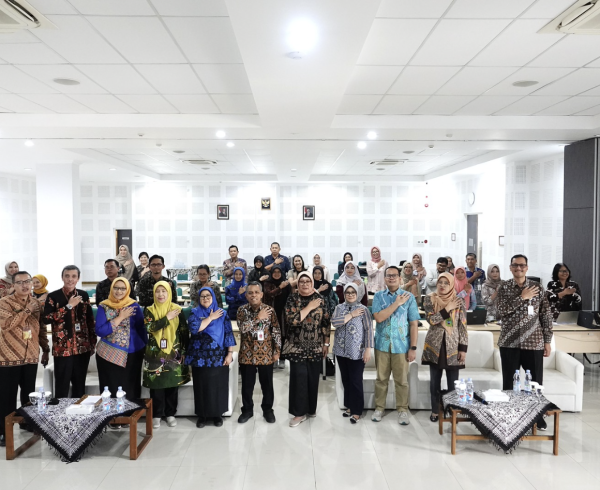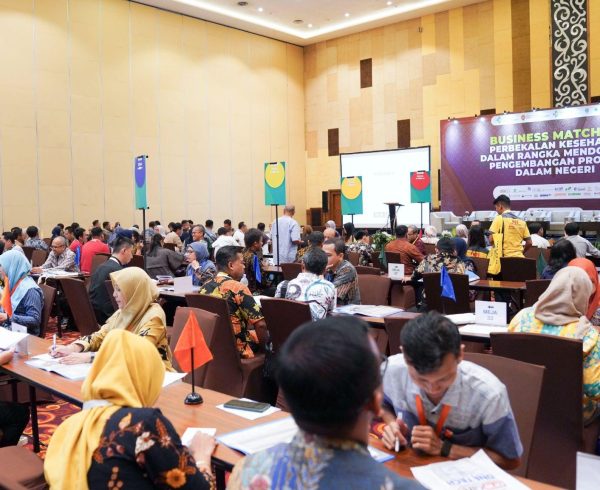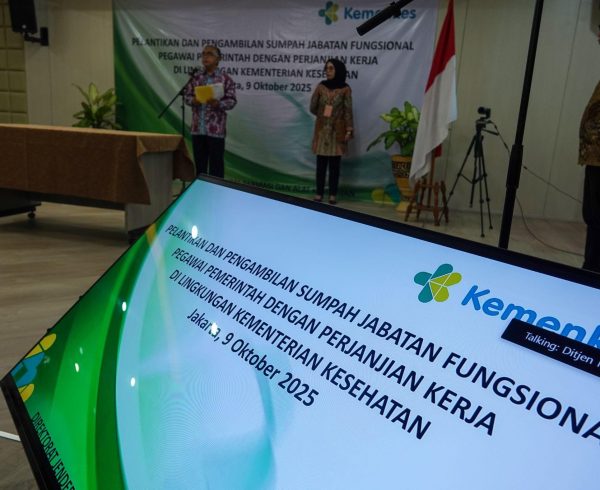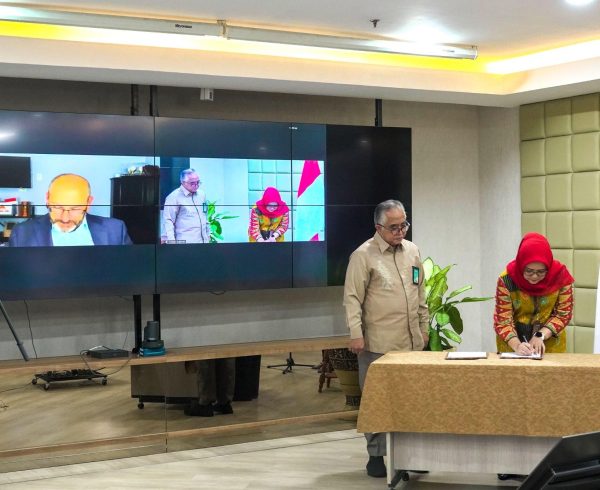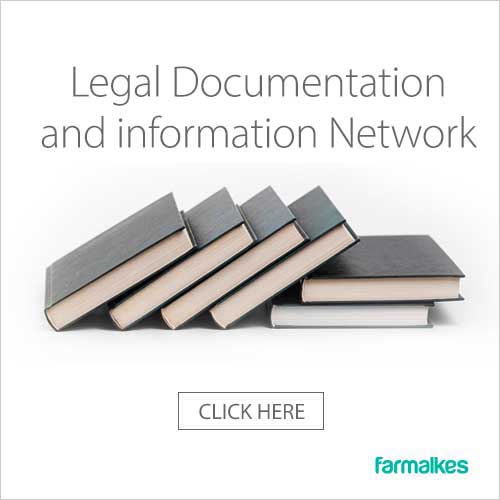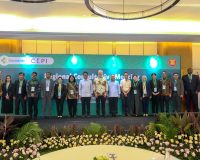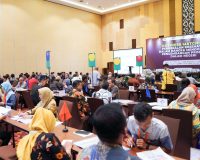During the COVID-19 virus pandemic, one of the efforts to prevent transmission of the virus is to use medical masks. Therefore, the demand for medical masks is very high, both from health workers and the public.
At the beginning of the pandemic, there was a shortage of medical masks, so various efforts to accelerate the availability of masks were made by the Directorate General of Pharmaceuticals and Medical Devices, both by facilitating imports and increasing domestic products.
As of March 4, 2021, Indonesia has been able to fill the need for masks in the country where there are already 996 medical masks that have received distribution permits from the Ministry of Health, consisting of surgical, N95, and KN95 masks.
“If it has obtained a distribution permit from the Ministry of Health, it means that this mask is categorized as a surgical mask or N95 or KN95 mask which is categorized as a medical device,” said Acting. Director General of Pharmaceuticals, drg. Arianti Anaya, MKM, in a press conference on Sunday (4/4).
Acting. Director General of Pharmaceuticals appealed to the public to be careful in wearing masks. This is because fake masks are currently circulating which can increase the vulnerability of COVID-19 virus transmission.
Medical masks are divided into 2 types. Namely surgical masks that use materials in the form of non-woven spunbond meltblown spunbond (sms) and spunbond meltblown spunbond (smms). And respirator masks or commonly called N95 or KN95 which use materials consisting of 4-5 layers (the outer layer is polypropylene, the middle layer is electrete / charged polypropylene) and have better filtration capabilities compared to surgical masks.
Apart from being used for medical purposes, masks are also used for industrial needs but with different specifications and functions from medical masks. For example, N95 and KN95 masks are used in the painting industry, mining industry, petroleum industry.
N95 and KN95 masks for medical and non-medical needs are physically difficult to distinguish, but non-medical masks do not have a distribution permit from the Ministry of Health because they do not meet the test standards as medical devices.
When a mask product has obtained a distribution permit from the Ministry of Health, the mask has met the quality requirements for safety and benefits, because it has passed the Bacterial Filtration Efficiency (BFE), Partie Filtration Efficiency (PFE), and Breathing Resistence tests as a requirement to prevent entry and prevent transmission of viruses and bacteria.
“Medical masks must have a bacterial filtration efficiency of at least 95%,” said drg. Arianti.
The Ministry of Health supervises compliance with the quality of products that have been licensed in circulation by conducting regular retesting and cooperating with law enforcement in taking action against the circulation of masks that are not suitable for their intended use and do not have distribution permits.
To avoid the wrong selection of medical masks, health workers and the public are advised to buy medical masks that already have a medical device distribution permit from the Ministry of Health listed on the packaging. The distribution permit for medical devices and PKRT can be checked through infoalkes.kemkes.go.id. If health workers and the public find masks that are suspected of not meeting the standards, they should report it via https://e-watch.alkes.kemkes.go.id and Halo Kemenkes (1500567).



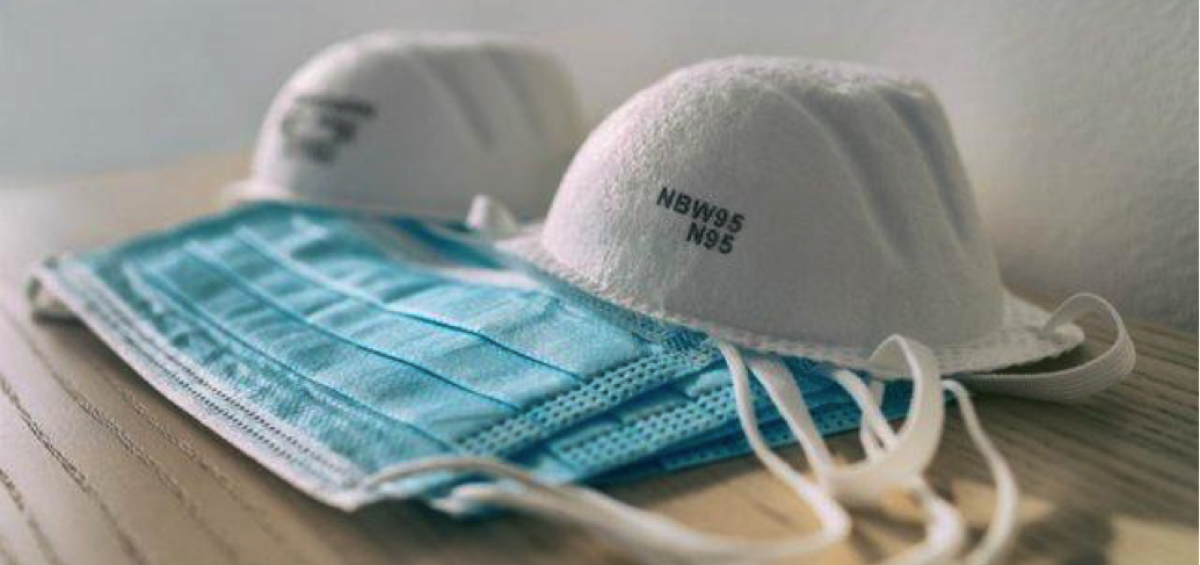 Illustration: Masks
Illustration: Masks